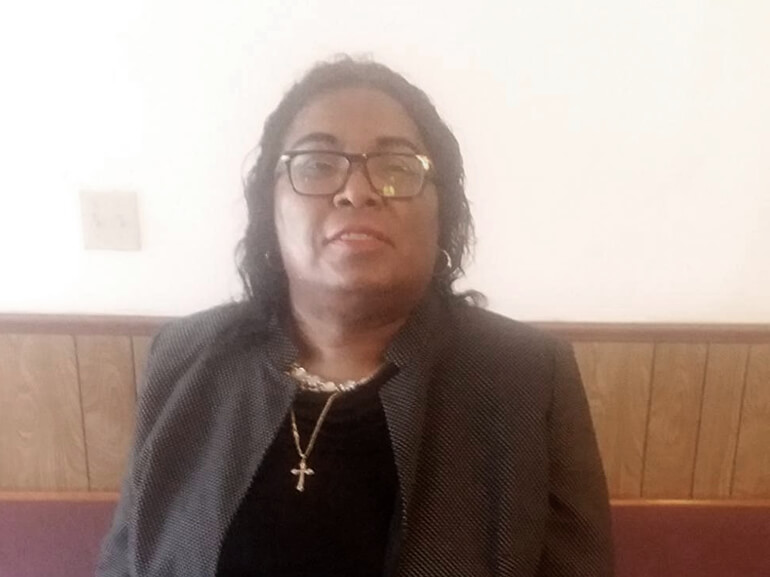Dorothy's Story

Compassionate care when it mattered most
In mid-February, Dorothy Kimble became short of breath and passed out at home. Her family called 911 and a breathing tube was inserted as the ambulance rushed her to the emergency room.
Doctors diagnosed Dorothy with pneumonia, sepsis and chronic heart failure. She also sustained kidney damage.
For a month, Dorothy fought for her life and in that time was placed on a ventilator and airway support.
Once she stabilized in early March, her family was able to consider the next steps in care. They chose Select Specialty Hospital – Memphis for its experience helping medically complex patients liberate from ventilators.
Dorothy arrived unable to breathe, speak, move, eat or think clearly. She has vague memories of arriving, knowing only that she was “trusting God I was in the right place.”
A physician-led team of nurses, therapists, dietitians and pharmacists created a plan to help Dorothy recover.
Respiratory therapists assessed her and began gradually dialing back the ventilator’s settings, testing whether her lungs could take on more work.
At the same time, physical and occupational therapists began a mobility program. Small movements, such as sitting in bed, or moving arms and legs, helped keep Dorothy’s blood circulating. That, combined with her increased oxygen intake, helped her become more mentally clear. Some studies suggest ventilator patients who begin a mobility program early have an increased chance to liberate from the machine.
Her therapy team inserted a special valve into Dorothy’s airway support which allowed her to begin speaking. This was a turning point, Dorothy said. She was thrilled to converse with her family and care team directly. She was able to outline her main goals – staying alive, getting her airway support removed and returning to normal.
“Everyone on the rehab team was so nice and supportive,” she said. “They inspired me to want to get better.”
Approximately two and a half weeks later, Dorothy was breathing vigorously enough to have her airway support removed. She was happy to be breathing on her own again.
Dietitians worked with speech therapists to help her relearn how to swallow. That proved to be a challenge, and while she no longer needed the feeding tube, her diet remained at thick liquid-consistency.
As Dorothy regained more of her usual personality, she despaired that her hair had become matted after months in the hospital. One nurse took time after her shift to sit with Dorothy, take down her hair and comb it out. That simple act of kindness touched her heart, she said.
Physical therapists helped Dorothy tackle bigger movements, such as standing, pivoting and getting in and out of a chair. Occupational therapists coached her through brushing her hair and teeth independently. With a walker, Dorothy took her first steps since becoming ill.
On April 1, Dorothy was ready for the next phase of her journey. She left for inpatient rehabilitation, where would intensively focus on physical and occupational therapy. After several weeks, she went home with her sister, Angie, and home health assistance.
“I thank God for the staff at SSH-Memphis,” she said. “They are doing the job they were called to do and I felt blessed to be in their care.”